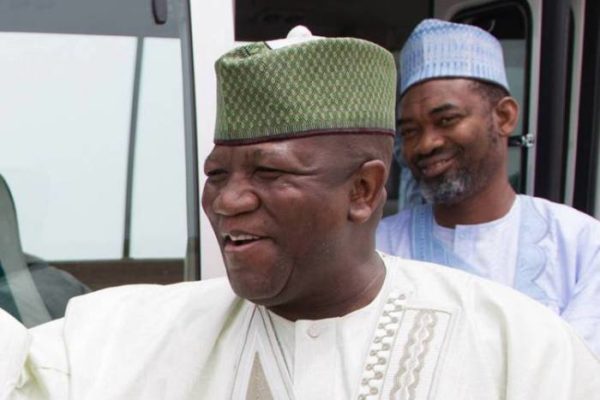The Nigerian Governors Forum has said that another recession is coming when President Muhammadu Buhari begins his second term.
The chairman of the forum and outgoing governor of Zamfara State, Abdulaziz Yari, stated this on Monday at an induction organised for governors-elect and returning governors.
The chairman said the major cause of the coming recession is due to the new minimum wage signed into law by Mr Buhari.
“This scenario is a wake-up call for all of you to come amply prepared to face these kinds of challenges, especially since we are expecting the possibility of another cycle of recession by the mid-2020,” Mr Yari said.
“This may last up to the third quarter of 2021. Your good spirit of stewardship will make you contain the situation should there be one.
“Also as members of the National Economic Council, you must work hand in hand to boost the economy in tandem with the global best practices,” he added.
Yari who told the new and returning governors not to over depend on the federal government, challenged them to sort out another way of boosting their economic base for execution of people-oriented projects.
“You must not forget the high expectations of our people on us; now that the democracy is maturing day in day out, the challenges of governance and service delivery are more demanding.
“It is also a source of worry to all reasonable observers that in all modern economies, it is the public that drive the government by supporting it through payment of their taxes as and when due.
“In our situation, the reverse is the case. It is very unfortunate that our people have a very negative attitude to payment of taxes in full, including corporate agencies,” he stated.
Under the president, the Nigerian economy slipped into recession in 2016, a development triggered by dwindling government revenue occassioned by the fall in oil prices in the international market and unrest in the oil-rich Niger Delta region.
It emerged from recession in the second quarter of 2017 after oil prices improved and relative peace was restored in the Niger Delta.
Although the official figures show that the nation has exited recession, many Nigerians still complain that the effect of the exit is not felt in the economy.












